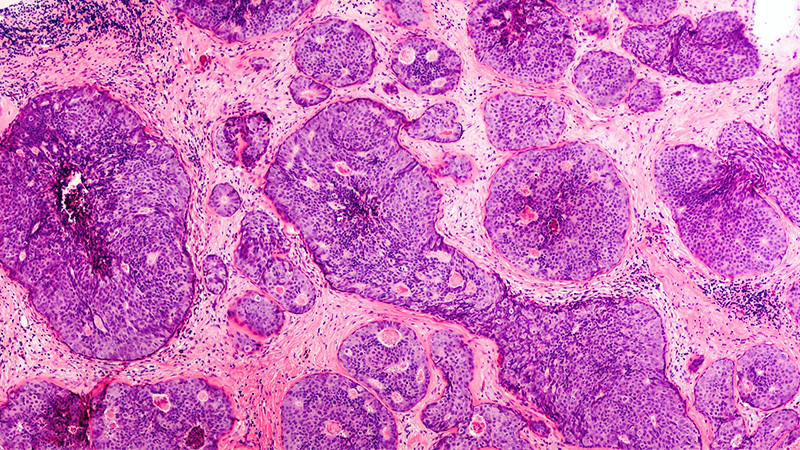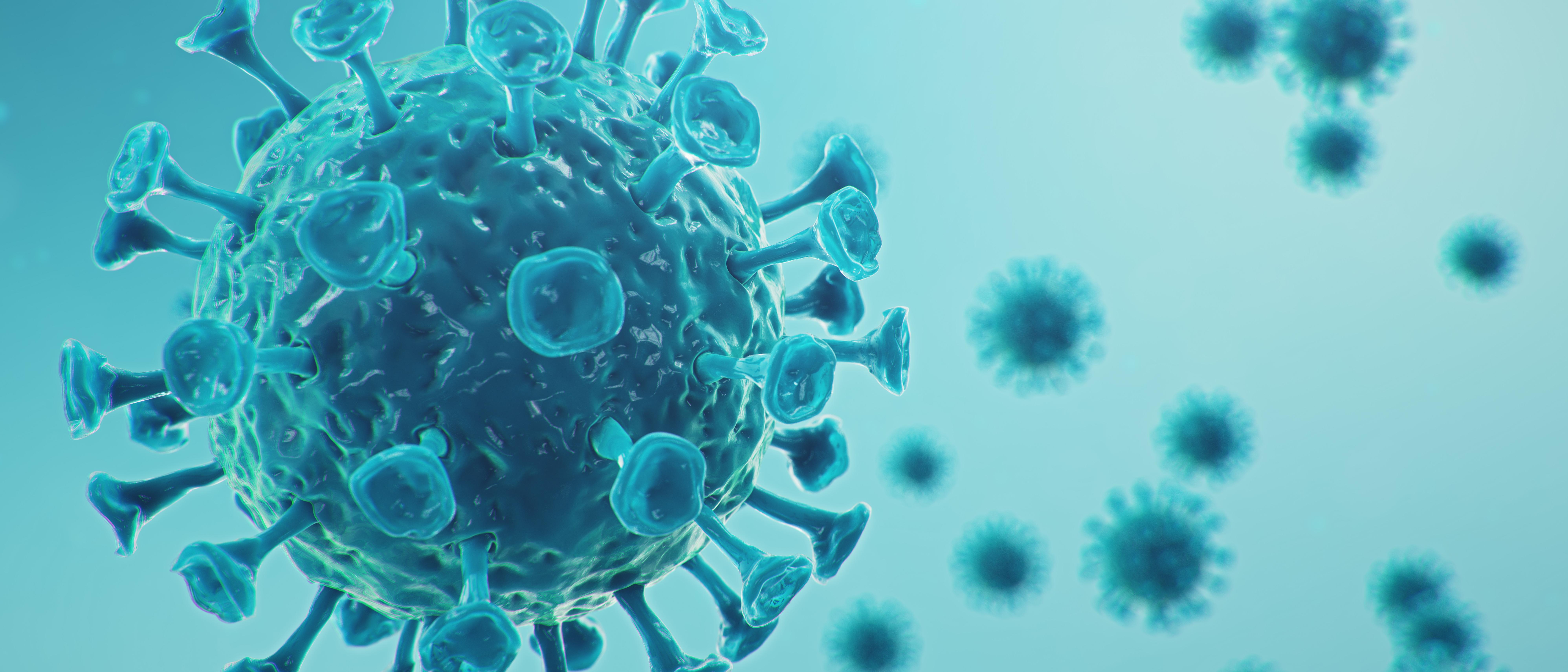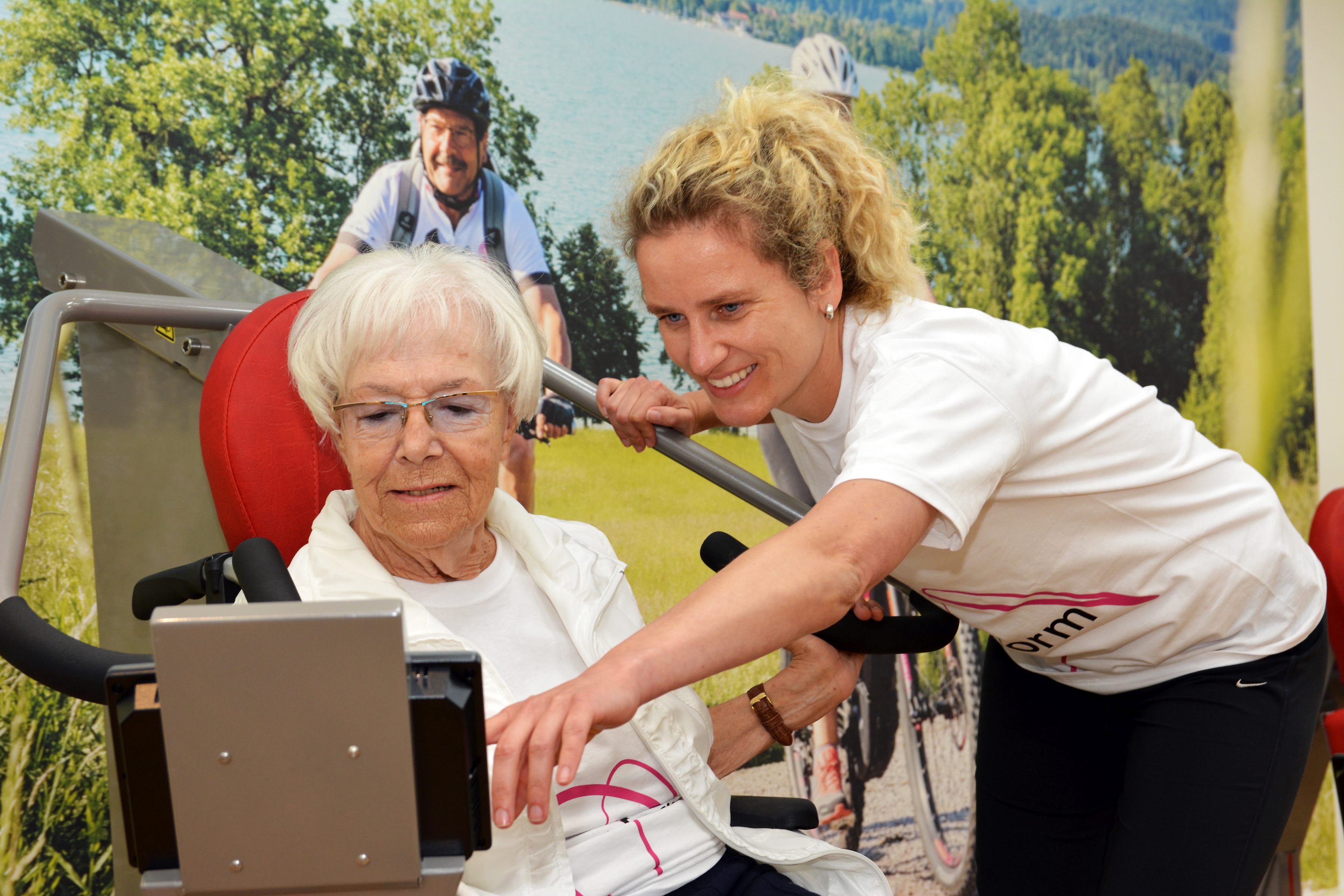Oncology
The LIBRE-project
![The LIBRE study investigates the extent to which a structured lifestyle intervention program can significantly improve nutritional status, physical fitness, weight, quality of life, and stress management in BRCA-1/-2 mutation carriers, which can then lead to a significant reduction in cancer incidence and improvement in prognosis and mortality. [Image: ESB Basic, Shutterstock] The LIBRE-project](/images/teaser/teaser-research-studies-oncology-libre-shutterstock-171343061-esb-basic.jpg)
This study is for women who have been diagnosed with pathogenic BRCA 1/2 germline. These women have an increased risk for breast and ovarian cancer.
In women with a hereditary predisposition to breast and ovarian cancer, there have not yet been any studies that have investigated whether the occurrence of the cancer can be reduced or even prevented by a change in lifestyle in the sense of more physical activity and a change to a healthy diet. This is the aim of the LIBRE study.
Background
Women with BRCA-1/-2 germline mutations have an 80% or. 60% lifetime risk of developing breast and ovarian cancer. There is no 100% penetrance for the cancer, which is why it is suspected that exogenous factors modulate the risk of disease. Scientific studies have shown that a Mediterranean diet and regular physical activity have protective effects in other cancer entities. The LIBRE study investigates the extent to which a structured lifestyle intervention program can significantly improve nutritional status, physical fitness, weight, quality of life, and stress management in BRCA-1/-2 mutation carriers, which can then lead to a significant reduction in cancer incidence and improvement in prognosis and mortality.
Research question & methods
A pilot study was conducted in advance with a small number of subjects. The intervention group (N=26) received 12 months of endurance training paired with nutrition education. The control group (N=29) received a one-time informational session that focused on positive health effects of a diet and regular physical activity. Primary endpoints of the pilot study were feasibility, acceptability, and satisfaction after 12 months. At least 70% of participants were expected to complete the study after 1 year (drop-out rate < 30%). In the IG, there should be participation in at least 70% of all intervention sessions.
Results
The pilot study was positive in all primary end points. 81% (55 of 68) of participants completing the study at 1 year. In the intervention group, 73% participated in at least 70% of all intervention measures. Although this was a pilot study, positive effects of the lifestyle intervention on the health of the subjects could already be observed despite the small number of cases: After 3 months, the intervention group showed a slight decrease in BMI in contrast to the control group, as well as an increase in the Mediterranean diet and a reduction in stress levels. At baseline the participants were assessed for health behaviors. Women who reported having been physically active in their youth showed significantly lower cancer prevalence (p=0.019) (1). In contrast, female smokers (current and former) had a significantly higher cancer prevalence (p<0.001). From this, important preventive recommendations for carriers of a BRCA-1/-2 germline mutation could already be derived in advance to reduce their cancer risk.
Rèsumee
There have already been numerous studies showing that physical activity and a healthy diet can have a favorable influence on the course of cancer. A reduced risk of disease or recurrence has also been shown through the positive influence of these factors. In women with a hereditary predisposition to breast and ovarian cancer, there have not yet been any studies that have investigated whether the occurrence of the cancer can be reduced or even prevented by a change in lifestyle in the sense of more physical activity and a change to a healthy diet. This is the aim of the LIBRE study.
Links
Präventive Sportmedizin
und Sportkardiologie
Am Olympiacampus 11
D-80809 München
+49 (0)89-289 244 41
sportmed@mri.tum.de







